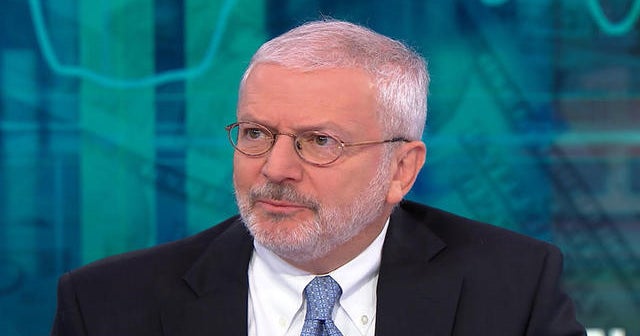CEO Group Claims White House Misunderstands Business Trade Perspectives
A prominent leader from a well-known CEO group has recently voiced concerns that the White House is misrepresenting the views of U.S. businesses regarding trade policies. This assertion raises significant questions about the alignment between federal policies and the realities faced by American enterprises, particularly in a rapidly evolving global economic landscape.
The Disconnection Between Business Leaders and Policy Makers
As the U.S. grapples with complex trade relationships, the comments from the CEO group highlight a critical disconnection. According to the group’s leader, the administration’s interpretation of business perspectives on trade is flawed, potentially leading to misguided policy decisions that could adversely affect the economy.
Understanding the Root Causes
- Communication Barriers: One of the primary issues cited is a lack of effective communication between the White House and the business community. Many CEOs argue that their concerns and insights are not adequately considered in the formulation of trade strategies.
- Shifting Economic Landscape: The global economy is in a state of flux, with emerging markets and changing consumer behaviors demanding new approaches to trade. Business leaders feel that the administration’s stance is not keeping pace with these changes.
- Political Pressures: The influence of political considerations on trade policies may overshadow the pragmatic needs of businesses. CEOs suggest that decisions are often made for electoral gain rather than economic rationale.
The Implications for Future Negotiations
The disconnect between the White House and business leaders could have far-reaching implications for upcoming trade negotiations. If the perspectives of U.S. businesses are not accurately represented, there is a risk of alienating key stakeholders who are vital for the success of any deal.
Potential Consequences for Economic Strategies
Failure to align trade policies with the realities of the business environment could lead to several adverse outcomes:
- Increased Tariffs: Misunderstandings regarding the needs of businesses may result in higher tariffs that could harm American manufacturers and consumers alike.
- Stunted Growth: Companies may struggle to compete internationally if trade policies do not support their expansion efforts, leading to stagnation in key industries.
- Job Losses: Ultimately, the disconnect could translate into job losses, as businesses may be forced to downsize or relocate operations to more favorable economic environments.
Calls for a Collaborative Approach
In light of these concerns, the CEO group is advocating for a more collaborative approach between the White House and the business sector. They propose regular consultations and forums where business leaders can present their insights and feedback on trade policies. By fostering open dialogue, both parties could work towards a shared understanding of the challenges and opportunities that lie ahead.
Looking Ahead: A New Era of Trade Policy?
As the global economy continues to evolve, the importance of accurately representing the views of U.S. businesses cannot be overstated. The potential for a more nuanced and informed approach to trade policy could not only benefit American companies but also enhance the nation’s competitiveness on the world stage.
Conclusion
The assertion by the CEO group leader serves as a wake-up call for policymakers. As trade negotiations loom, ensuring that the voices of U.S. businesses are heard and understood will be crucial. By bridging the gap between business and government, there is an opportunity to create trade policies that reflect the true needs of the economy, fostering growth, job creation, and international competitiveness.
See more Business Focus Insider Team

